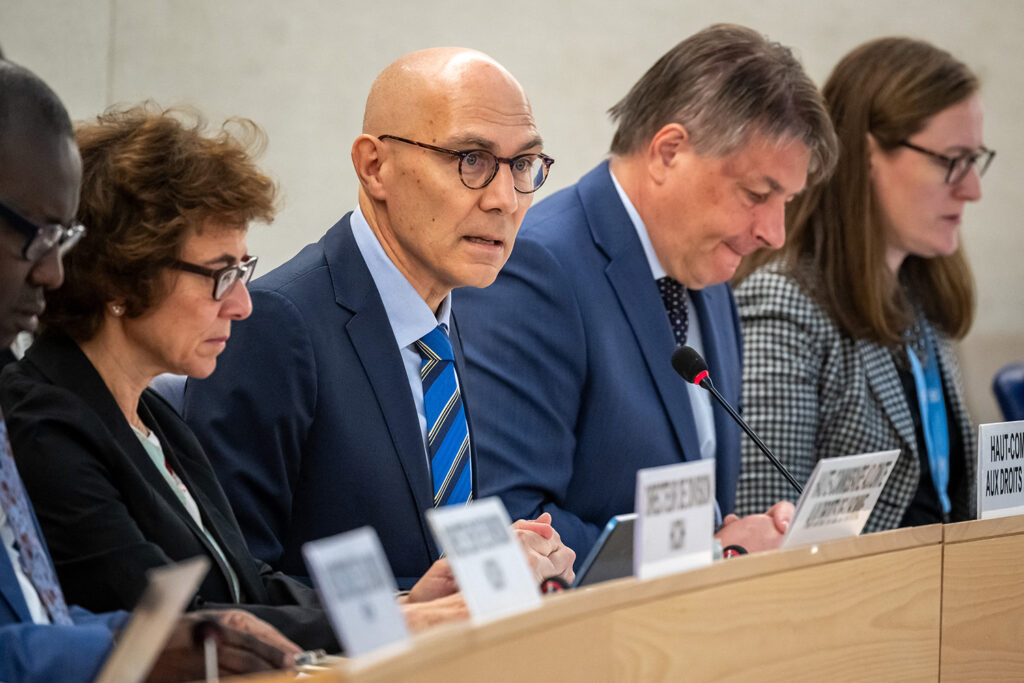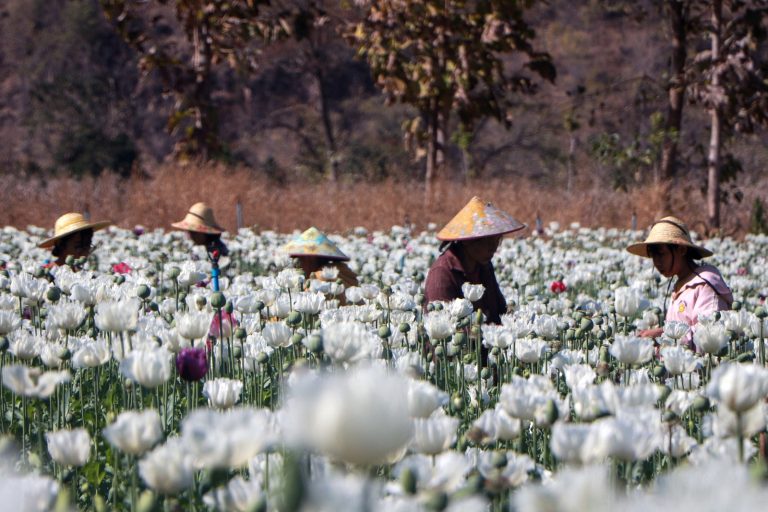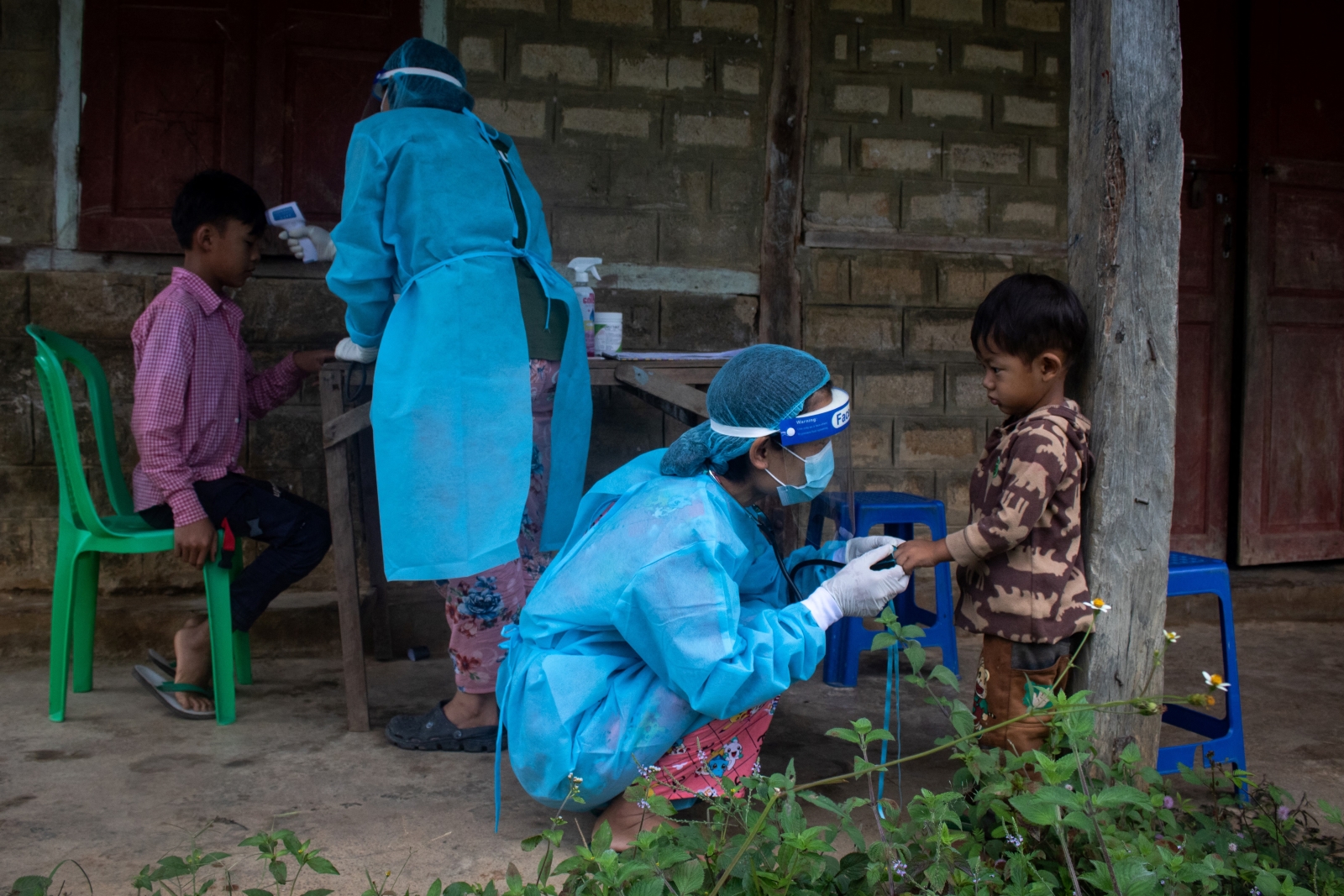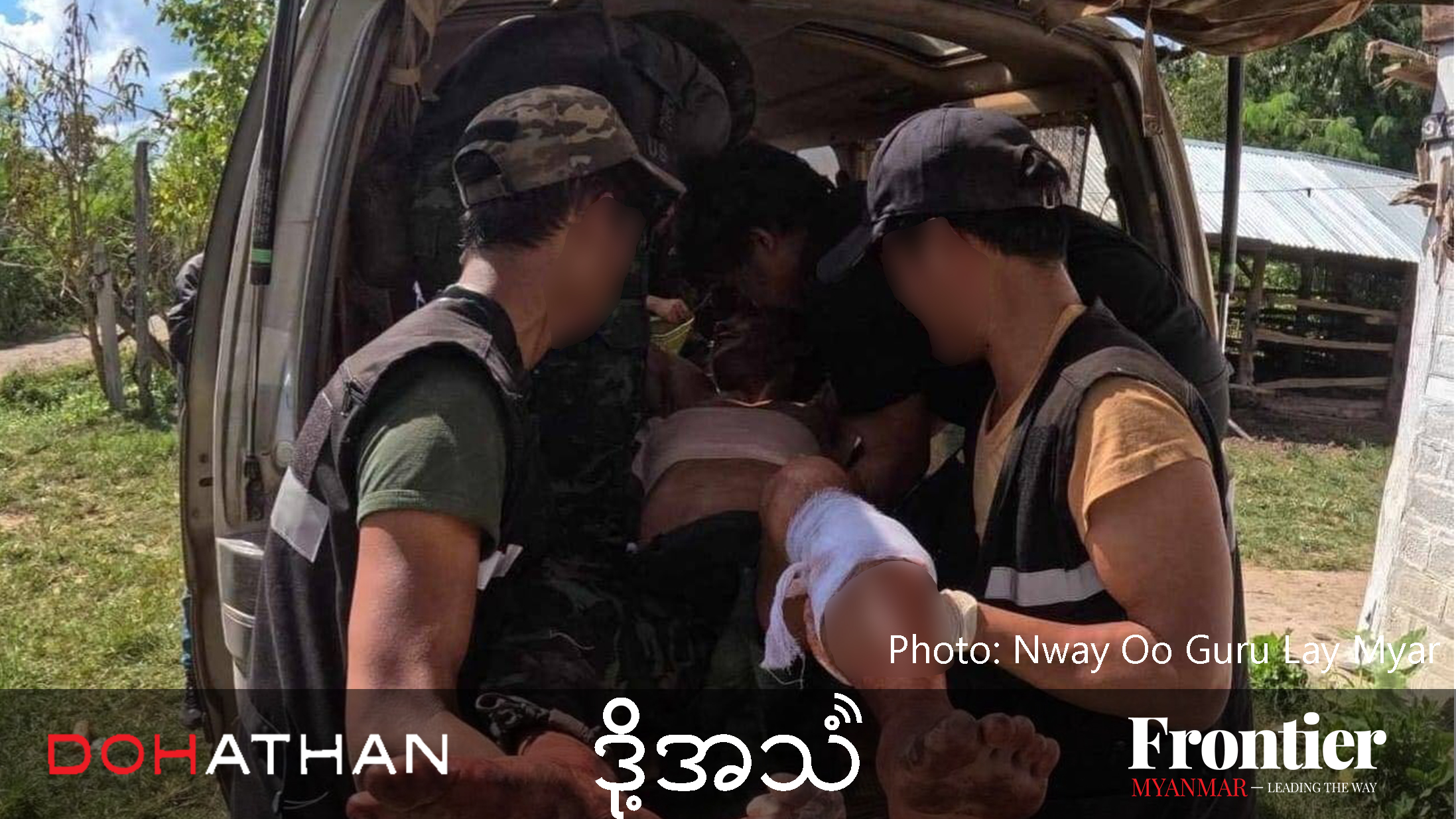By AFP
The United Nations on Thursday urged the international community to deny Myanmar’s junta access to foreign weapons and currency as the conflict-wracked country’s humanitarian crisis deepens.
Myanmar was plunged into chaos after a 2021 coup ousted democratically elected civilian leader Daw Aung San Suu Kyi, sparking fighting between the military, ethnic rebel groups and newer People’s Defence Forces.
The UN and human rights groups have denounced alleged rights violations including attacks on civilians and humanitarian workers, arbitrary arrests, enforced disappearances, sexual violence and torture.
“We need to prevent the supply of arms to the military and to analyse the economic interests that are behind it,” said UN human rights chief Volker Turk.
In a new report presented to the UN Human Rights Council, Turk also called for “targeted measures” to limit the generals’ access to “foreign currency, aviation fuel and other means that enable attacks on Myanmar’s people”.
The UN’s special rapporteur on human rights for the Southeast Asian nation, Thomas Andrews, said foreign currency allowed the junta to buy arms, supply its weapons factories and refuel combat aircraft.
He added that other countries should join the United States in sanctioning Myanmar’s financial institutions and urged greater coordination among governments that have already imposed sanctions.
In June, the United States announced sanctions again Myanmar’s defence ministry and two “regime-controlled” banks that enable transactions between the military regime and foreign markets, to buy arms and other materials.
“Credible sources indicate that as of yesterday, 3,747 individuals have died at the hands of the military since they took power, and 23,747 have been arrested,” the UN High Commissioner for Human Rights said.
Those figures include only documented cases, meaning the actual toll is probably much higher.
Up to 40 aid workers have been killed since the coup, he added. Turk condemned “direct attacks” on aid workers, who mainly work for local organisations.
He said the deaths were part of “deliberate and targeted” efforts to obstruct aid and “a calculated denial of fundamental rights and freedoms for large swathes of the population”.
An estimated 1.5 million people have been internally displaced and approximately 60,000 civilian structures have reportedly been burnt or destroyed, Turk’s report says.
More than 17.6 million people, or one third of the overall population, require some form of humanitarian assistance.
“Civilians live at the whim of a reckless military authority that relies on systematic control tactics, fear and terror,” Turk told the council.
The UN has already warned that obstruction or denial of humanitarian assistance may amount to serious violations of international human rights and humanitarian laws.







